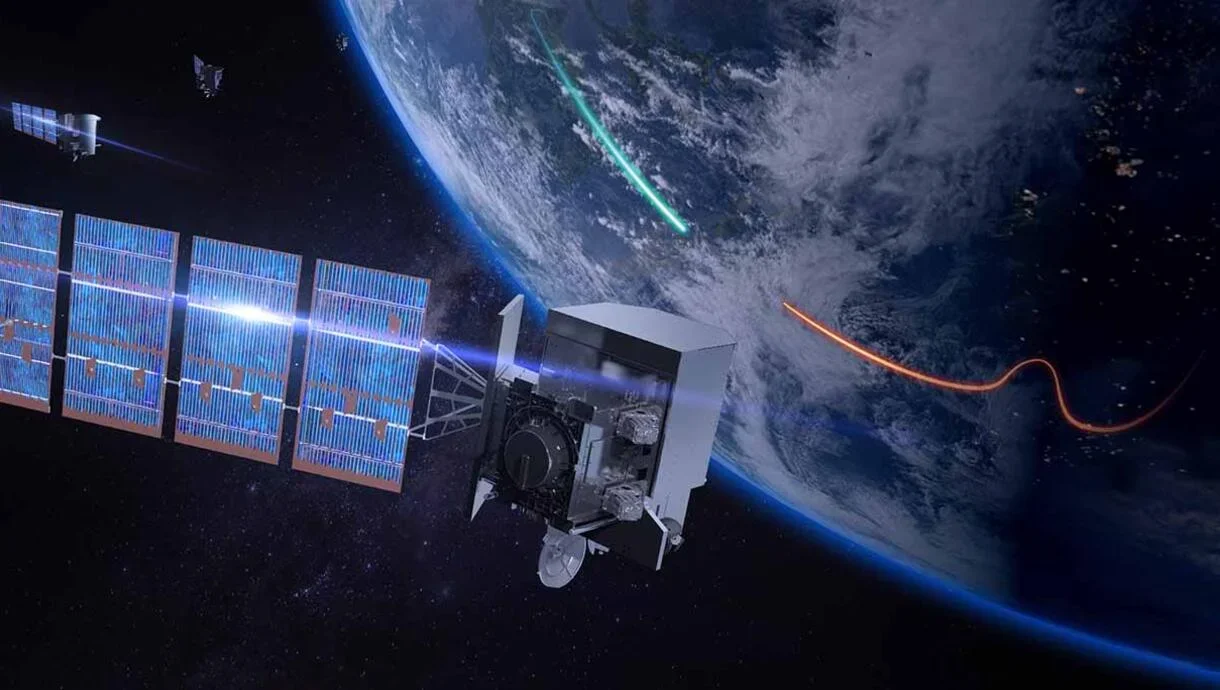
L3Harris Technologies has selected Maxar Technologies to support its contract with the US Space Development Agency’s (SDA) Tranche 1 Tracking Layer (T1TRK) programme.
The contract will see Maxar design and produce 14 spacecraft platforms, as well as provide associated ground, operations and sustainment support.
The agreement will also allow Maxar to provide a foundation for integrating several mission payloads, including Ka-band communications, space mesh networking’s optical terminals and infrared sensors.
Maxar’s in-house designed and engineered modular satellite platforms showcase the company’s ability to adapt and extend its experience to deliver agile and cost-effective solutions in proliferated, low-Earth orbit (LEO) constellations.
Maxar Space senior vice-president and general manager Chris Johnson said: “Maxar is proud to support L3Harris on this critical SDA mission that highlights our expanding national security capabilities.
“This programme demonstrates that Maxar is primed to handle a diverse set of missions and it exemplifies how our technology and experience are optimised to bring rapidly deployed, proliferated LEO constellations to market.”

US Tariffs are shifting - will you react or anticipate?
Don’t let policy changes catch you off guard. Stay proactive with real-time data and expert analysis.
By GlobalDataManufacturing of the platforms will be carried out at Maxar’s factories in Palo Alto and San Jose, California, US.
Deliveries are expected to take place in 2024, followed by launches scheduled to commence in April 2025.
Last month, the SDA awarded a $1.3bn contract to L3Harris and Northrop Grumman for the T1TRK, as part of the National Defence Space Architecture (NDSA) to provide initial missile warning or tracking warfighting capability.
Once established, the T1TRK will provide warning, global indications and tracking of traditional, advanced as well as hypersonic missile threats.
As the prime contractor for the SDA’s contract, L3Harris’ award has a ceiling value of $700m and involves the production of 14 of the total 28 satellites.



